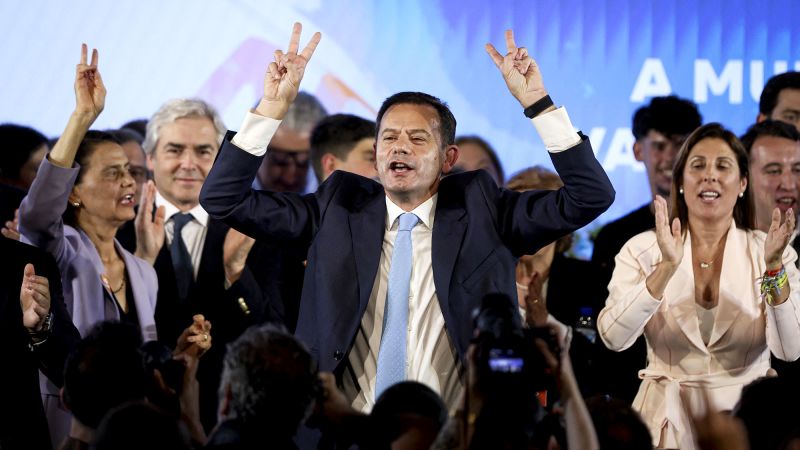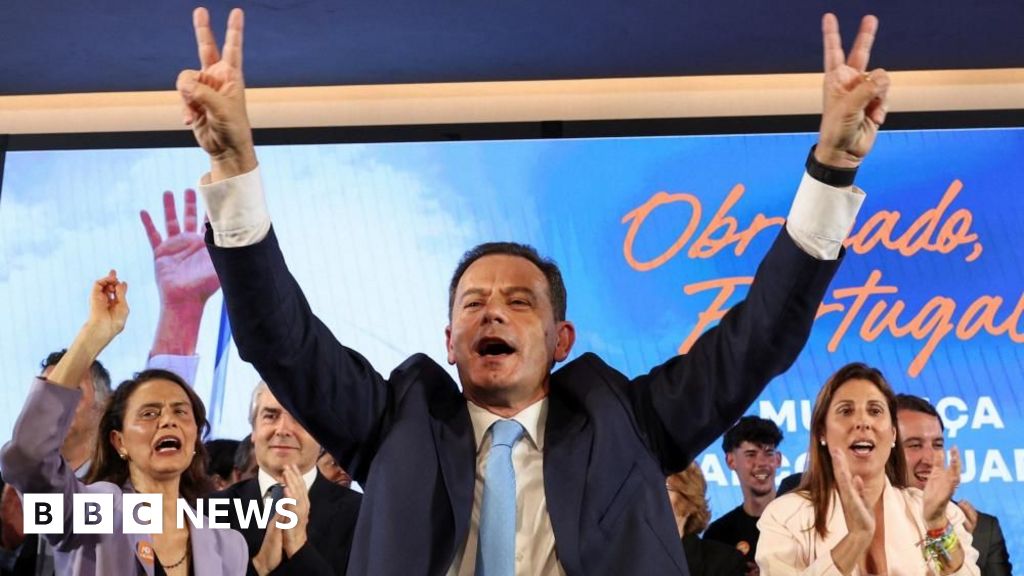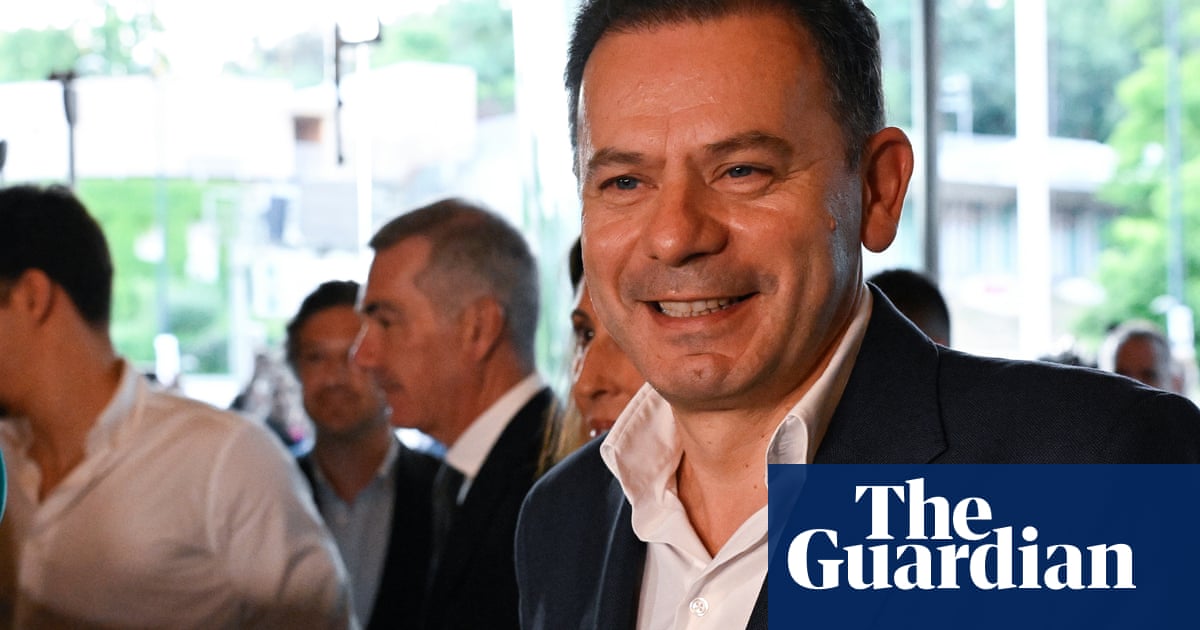Portugal's Political Landscape Shifts as Democratic Alliance Wins Election Without Majority Amid Chega's Ascent
Portugal's Democratic Alliance won a snap election but lacks a majority; Chega's rise may reshape politics amidst ongoing instability and pressing issues.
Subscribe to unlock this story
We really don't like cutting you off, but you've reached your monthly limit. At just $5/month, subscriptions are how we keep this project going. Start your free 7-day trial today!
Get StartedHave an account? Sign in
Overview
In a significant political shift, Portugal's center-right Democratic Alliance captured 89 seats in a snap election, but fell short of a majority, marking a period of continued instability. The far-right Chega party surged, matching the Socialists with 58 seats, challenging the long-standing two-party system. Prime Minister Luis Montenegro expressed the need for cooperation among parties to ensure governance stability. Key concerns include rising immigration and a housing crisis, with Chega's populist policies resonating with voters amid frustration with traditional parties. President Marcelo Rebelo de Sousa is set to consult with political leaders to facilitate government formation.
Report issue

Read both sides in 5 minutes each day
Analysis
- Democratic Alliance won snap elections but lacks a majority, seeking to stimulate investment and ensure prosperity.
- Socialist Party faced major losses, with leader Pedro Nuno Santos resigning, and could fall behind Chega if abroad votes favor them.
- Chega marked a historic result challenging the two-party dominance, gaining support through a focus on immigration and corruption.
Articles (8)
Center (3)
FAQ
The Democratic Alliance won 89 seats, while Chega and the Socialist Party each secured 58 seats.
The snap election was held after the Portuguese parliament's vote of confidence led to the resignation of the previous minority executive.
Chega's surge challenges the long-standing two-party system and may reshape politics by offering populist policies that resonate with voters frustrated with traditional parties.
Key challenges include rising immigration concerns and a housing crisis, along with the need for governance stability.
Montenegro has ruled out forming a coalition with Chega and may need to forge deals with smaller parties to secure stability.
President Rebelo de Sousa is set to consult with political leaders to facilitate government formation and ensure stability.
History
- 6M

 3 articles
3 articles




